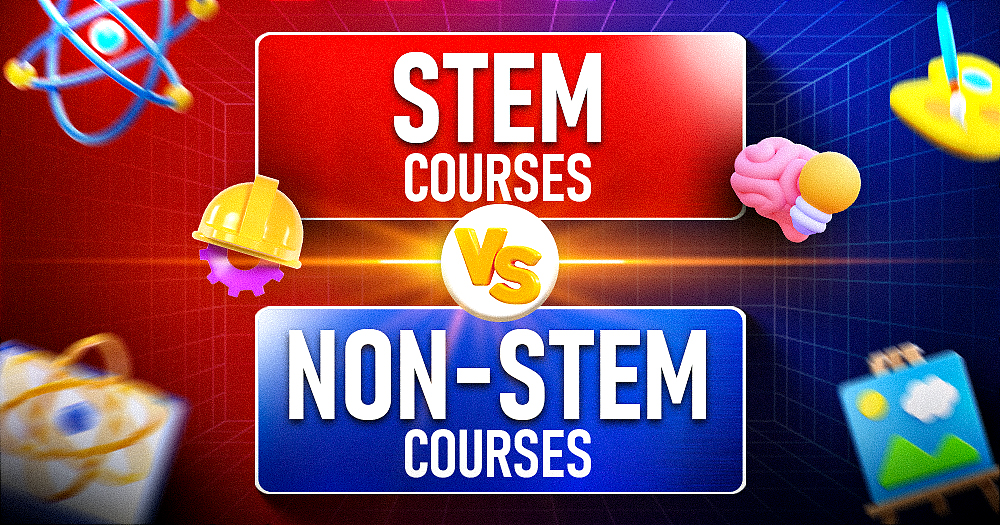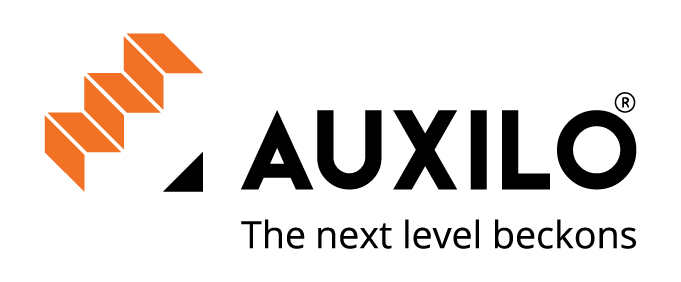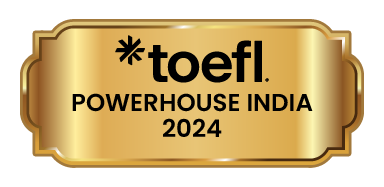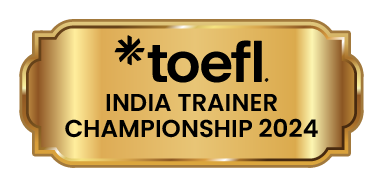When it comes to considering which course program to study in the USA, most international students get confused. The top reason for this confusion is that students don’t want to miss any opportunity that the USA offers with regard to its academic benefits. Everyone is aware that availing a degree from a renowned program can open doors to an array of powerful career opportunities. Thus, when researching the ideal course program to pursue, most students are confused about the option to choose between attending STEM classes or opting for non-STEM courses.
Both of these courses hold great academic value. However, when it comes to availing a job in the USA, which one would be most ideal, stem course opportunities or non-stem course opportunities? Understanding who can offer better career benefits is the best way to clear this confusion. So, to help you get a better overview of the same, we have shared a detailed insight on the expected career choices after graduating from stem subjects or non-stem majors.
A Brief Overview of STEM vs Non-STEM Study Programs
STEM stands for Science, Technology, Engineering and Mathematics. International students opting to pursue stem subjects will cover all these four topics to excel in fields that contribute to the US economy’s growth. This includes computer engineering, data science, healthcare, engineering and many more.
Multiple top USA universities offer STEM courses, such as Massachusetts Institute of Technology, Princeton University, California Institute of Technology and many more. Students can study courses such as chemical engineering, Biochemistry, Computer Science and many more.
The perks of investing in a STEM program are as follows:
- You will develop analytical and technical skills.
- STEM graduates have a higher demand in the USA.
- Salaries earned by STEM graduates are higher than non-stem graduates.
- You will have global recognition with your STEM degree and work at top brands globally.
- STEM courses revolve around technology which is the future. Thus, this means there will be a continuous demand for tech experts currently and in the future.
Non-STEM refers to pursuing any study program that isn’t limited to the four core fields covered in the STEM courses. This academic study has been a common and popular academic choice amongst multiple international students globally. In Non-STEM, students can pursue courses such as Humanities, Business, Education, Social Work, etc. In fact, all leading USA universities offer a range of Non-STEM courses for students to choose from. This includes Harvard University, Stanford University and more.
The perks of investing in a Non-STEM study program are as follows:
- You will develop the right skills and knowledge needed to ace your chosen job roles. For instance, by pursuing a Marketing degree, you will be well-equipped to fulfil the roles required in the marketing industry, such as engaging with clients, selling a product, etc. Non-STEM graduates will be equipped with all the overall skills required to ace their job roles. Unlike STEM courses, the skill focus will be overall.
- This study program suits all kinds of academic interests, such as creative and artistic thinkers or more.
- There will be a range of job roles available for students to choose from. Students can explore various roles in their chosen fields based on the skills and knowledge acquired.
Analysis of The STEM & Non-STEM Job Market
- STEM Job Market
In the USA, the career opportunities for STEM graduates remain at an all-time high. As per data shared by the Bureau of Labour Statistics, by 2031, STEM occupations will be projected to grow by almost 11%.
One of the key factors why most international students opt for STEM courses is the high demand for jobs in STEM and the well-paid salaries one can receive. Here is an overview:
| STEM Jobs | Average Median Salary Paid |
| Software Developer | $120,730/year |
| Nurse Practitioner | $120,680/year |
| Medical and Health Services Manager | $101,340/year |
| Physician Assistant | $121,530/year |
| Information Security Analyst | $102,600/year |
- Non- STEM Job Market
The Non-STEM job market is open to all students, including international students. Based on your job role, academic qualifications and experience, the salary will vary accordingly. As per the Bureau of Labour Statistics, in June 2023, over 1.67 million jobs were added to the US economy.
Non-STEM jobs are getting competitive as recruiters wish to select specific candidates that match the requirement list. Thus, here is an overview of what to expect from Non-STEM career opportunities:
| Non- STEM Jobs | Average Median Salary Paid |
| Accountant | $71,500/year |
| Architecture Teacher | $87,900/year |
| Criminal Investigator | $54,415/year |
| Chief Executive Offer | $113,376/year |
| Media Manager | $62,586/year |
STEM vs Non-STEM: Who has a better Career Scope?
STEM has always had an upper hand with regard to the study preferences of international students globally. Students with a STEM degree can find a secure job much faster because STEM graduates are more in demand in the USA. The top reason being these graduates will contribute towards the growth of the US economy. In fact, in recent news, USA has also initiated a 24 months extension after the 12-month extension of students from their OPT pre-completion stage (before graduation). This means international students will get the opportunity to work for three years in a STEM job role.
On the other hand, Non-STEM job roles will continue to be available; however, the salary expectations will be lesser, and the process to find a suitable job role will be tougher when compared to STEM occupations in the USA. As per data from the Bureau of Labour Statistics, up to 10.8% of occupations are expected to increase in STEM occupations compared to 4.9% in Non-STEM occupations. The data also revealed that as of May 2021, the annual median salary earned by STEM graduates was $95,420, whereas, for Non-STEM graduates, it was $40,120.
Conclusion
The decision to choose between stem courses and non-stem courses varies as per a student’s academic interests. Now that you have a detailed insight into the potential career opportunities available for both, it will be easier for you to make an academic decision. However, if you wish to speak to an expert with regard to this, our expert counsellors can guide you better. Book a free 1-1 counselling session today!





































